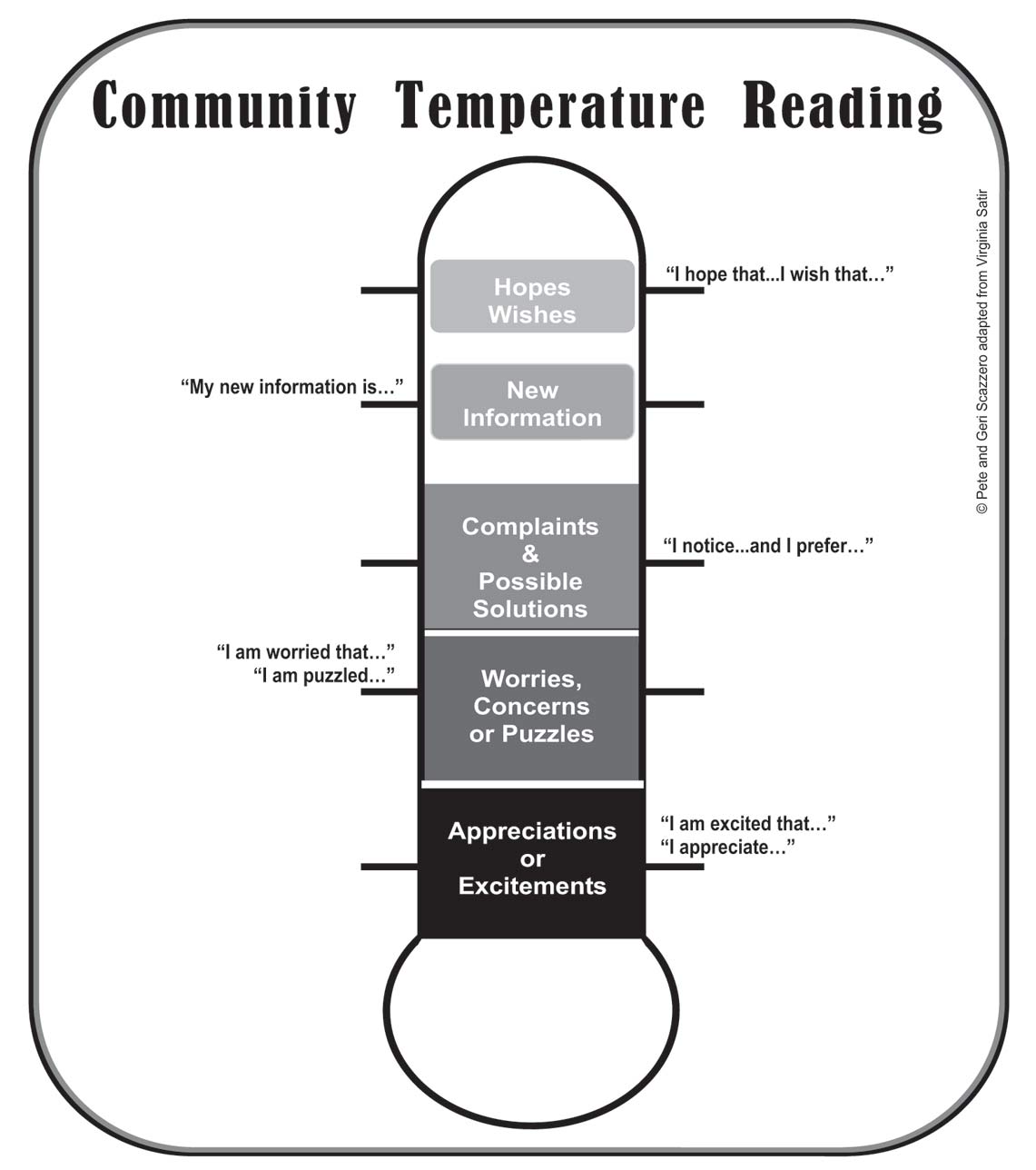If you read The Big 4 – Part 1 you’ll know that the basic idea is that there is too much talking and too little understanding of Christian Discipleship which results in too few disciples actually ‘doing’ discipleship and far too few able to teach discipleship.
\n
Before outlining my simple plan of discipleship there are two things to remember:
\n
- \n
- First, discipleship is inherently simple. If it were not then most of the Christian world would not be flourishing, and it is.
- And second, we have to DO it. It’s really worse than useless to keep talking about the same things that are the wrong things and not do the important things that are the right things.
\n
\n
\n
So my simple plan of discipleship includes four things, what I call the Big Four of Discipleship, and they are:
\n
- \n
- Prayer – which includes learning to pray and to worship,
- Witness – connecting us with Scripture and with God’s world
- Service – both inside and outside the church
- Life – doing life well with increasing wisdom.
\n
\n
\n
\n
\n
If I could do these four things well I believe I would be living as an effective disciple.
\n
And I also believe – without any doubt whatsoever – that a community of people who can do these things well together would be an effective church – with everyone ‘brought to maturity in Christ’ (Ephesians 4:13)
\n
So that’s my simple plan. And my simple aim in life is to help churches do these four things so well that they become mountain moving, culture challenging communities of love and faith.
\n
(… and for an effective church see G.L.A.D. – A Church Near You)
\n
